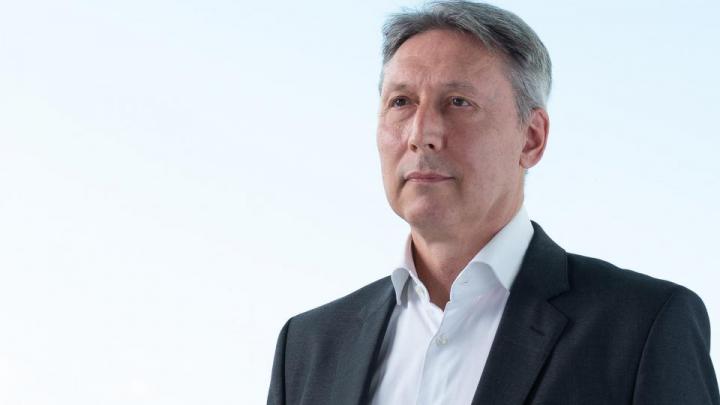
Germany and France are Oddo BHF Asset Management’s core markets, but the asset manager now wants to expand further into Belgium and Luxembourg. In Belgium, this is done mainly through wholesale and through contacts with brokers. And private equity is democratising.
Nicolas Chaput (photo), the CEO of the Oddo BHF Asset Management, outlined these ambitions in an interview. “Our internationalisation and further growth consists of three phases. First we had relationship managers in France for about eight years, and in a second phase we recruited Dominic Nys about two years ago to serve the Belgian and Luxembourg markets from a local point of view and with local expertise. This has borne fruit, as last year our assets in that region grew by 60 per cent. In a third phase, two people reporting to Dominic have joined the team.”
The Luxembourg-based team is serving the Belgian market from the Grand Duchy. “We have a long-term commitment to our clients investing in a prudent but consistent way.”
BeLux market promising
The Belgian and Luxembourg markets account for assets under management of about one billion euro. The Dutch market is known to be highly institutionalised, due to the presence of huge pension funds. The Belgian and Luxembourg markets, Chaput said, are largely focused on wholesale and distribution, with a limited presence of purely institutional clients.
“The Dutch market is highly concentrated in a few players, and therefore it is more difficult to penetrate. In Belgium, Luxembourg and the Netherlands, it is a must to include ESG criteria in just about all strategies, both for distribution partners and end clients. Those markets are further along than the southern European markets.”
Oddo recently received the Belgian ‹Towards Sustainability› sustainability label for some of its funds. “This demanding label is for us a sign of transparency for our clients, especially our Belgian clients,” said Chaput.
In Belgium and Luxembourg there is still a strong demand for multi-asset products and profiles that invest according to certain asset allocation expectations, he said. “This is very reminiscent of the German market, where such products are also still very popular,” says Chaput.
Risk appetite lower
He noted that demand remains strong, despite the rising correlations between equities and bonds since the beginning of the year. As part of an economic new deal, clients are still looking for a solution that can perform well in all market conditions. “The risk appetite since the beginning of the year is significantly lower. That plays into the hands of cautious investors and drives demand for such products,” he said.
Chaput believes the rise of private assets is unstoppable, despite the more difficult market environment since the beginning of the year.
“We are seeing a real wave of democratisation among our partners and distributors. The risk appetite for both private equity and private debt remains strong. As far as private debt for institutions is concerned, we see that it is often floaters - floating rate paper, which offers protection in the event of rising interest rates and inflation. In private equity, institutional parties often have only 5 to 10 per cent, but they want to increase that weighting.”
Pressure on margins
Chaput also feels the pressure on margins, but that is not a new phenomenon. “We’ve been feeling it for ten years, in all European countries, but it also strongly depends on the value proposition you can offer to clients. If you offer fixed pricing combined with a performance fee, that is often accepted by clients if you can outperform.”
The group’s multi-asset range, Oddo BHF Polaris, which consists of four funds, is currently meeting client expectations, he said. “These are products with a long track record, managed by an experienced team, and an excellent three and five year track record. They also all integrate ESG criteria. We also have global thematic equity funds. We focus on three themes: artificial intelligence, the ecological transition and the revolution of the food chain.”
Finally, Chaput noted that it can be interesting to invest in high yield in the first quarters after a recession, because that is when you create the most value. “We also want to convey this message to our Belgian and Luxembourg clients,” he said.
This article originally appeared on InvestmentOfficer.be.